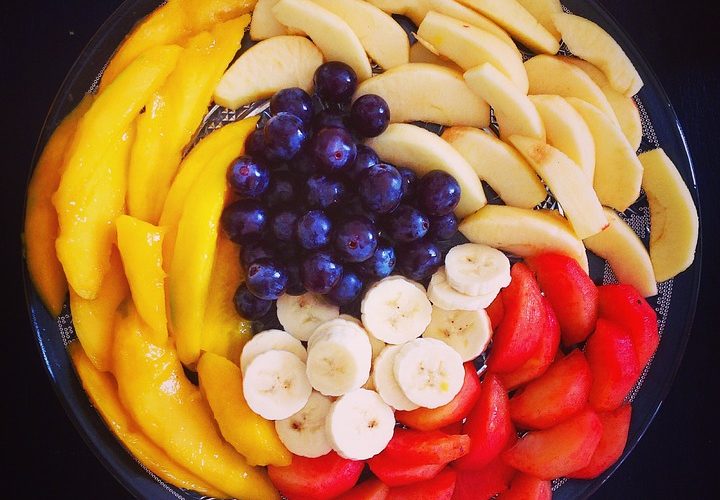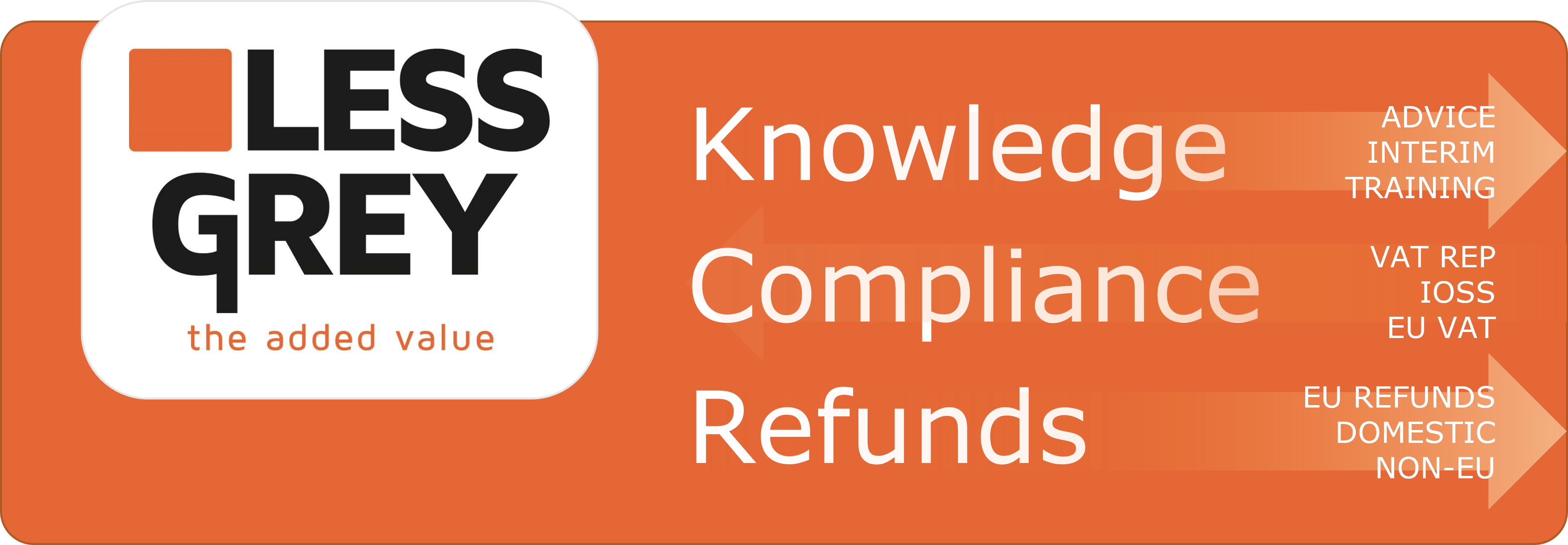State Secretary Van Ooijen (VWS) answers questions about reducing VAT on fruit and vegetables to zero as soon as possible due to increasingly expensive groceries. MPs Van Esch (PvdD) and Westerveld (GroenLinks) have asked these questions.
1 Can you recall that at the time of the corona crisis in May 2020, you brought the VAT rate on mouthguards to zero?
2 Can you recall that at that time you needed less than three weeks to from decision to implementation?
1. and 2.
Yes. On May 19, 2020, the State Secretary of Finance decided that temporarily no VAT was levied on the supply of mouthguards in connection with the combating the corona crisis.
3 Do you acknowledge that groceries, including fruits and vegetables, have become significantly more expensive
3. Research conducted by CBS4 in 2021 found that the prices of healthier foods have increased by an average of 21 percent in ten years. The price increase of unhealthier products was less, at almost 15 percent. The price of food has also increased in the past year, according to figures from the CBS. Foodstuffs were 8.5 percent more expensive in April than in the preceding year,
In March this was 6.2 percent. The price development of meat contributed most to this The year-on-year price increase rose from 5.5 percent in March to 10.5 percent in April. 10.5 percent in April. Vegetables, dairy products and bread and cereals also became more expensive.
4 Do you recognize that it is especially difficult for people of lower socioeconomic status find it difficult to eat healthily, partly because of rising food prices?
4. It is possible that for groups with a lower socio-economic position healthy eating is made more difficult by higher prices of (healthy) food. According to the Nibud, the cost of a healthy diet – products that a person needs on average every day to stay healthy – is about 6 to 7 euros. According to Nibud, the cost of a healthy diet – products that a person needs on average every day to stay healthy – is around 6 to 7 euros a day.6 6 to 7 euros per day.6 With a minimal income, this can be high. Not only does the affordability of food affect the ability of people in a lower socioeconomic position to eat healthily. Healthy eating also requires good food skills. In low wealth groups short-term worries can take over, reducing the mental space reduces that needed for food literacy. In addition, these groups may be experience more influence from an (unhealthy) food environment; in neighborhoods where more people with lower socioeconomic status live, there are often more fast food locations7. This may make it more difficult for them to eat healthy.
5 Do you recognize that for unprocessed fruits and vegetables such as a broccoli or an apple do not involve complicated definitional issues, as processed product categories categories of products?
5. The coalition agreement includes a review of how the VAT on fruit and vegetables can eventually be reduced to 0%. The government is currently working on the details of this agreement. The introduction of a zero rate of VAT for specific foodstuffs such as fruit and vegetables creates complexity for businesses and the tax authorities. Every distinction inevitably raises the question of where exactly the boundary lies. This also applies if the distinction would be made on the basis of the criterion ‘unprocessed’. This word must also be given a specific interpretation and definition that is workable for entrepreneurs and the tax authorities. is workable for entrepreneurs and the tax authorities. For example, broccoli and apples are sometimes washed, packaged, sliced and/or peeled. These products have then in a certain undergone ‘processing’ in a certain sense. In such demarcation questions, the tax neutrality principle is also important. That principle precludes – from the point of view of the from the point of view of the consumer, similar goods are treated differently for VAT purposes.
6 So why can’t you get a zero rate on unprocessed fruits and vegetables more quickly regulate?
7 Can you regulate a zero tariff on unprocessed fruits and vegetables at least by July 1, 2022 regulate to cushion the rising cost of healthy groceries?
6. and 7.
As indicated in response 5, it is important to properly properly defined. This is currently being worked out and will take some time. The cabinet considers it important that this is done quickly, but also carefully and in one go. It is therefore not possible to regulate this before July 1, 2022. As the adopted motion by member Grinwis describes, the government will make every effort to implement the planned reduction of VAT on fruit and vegetables to 0% even during the current cabinet term. Budgetary feasibility also plays a role here.
8 Are you prepared to introduce the zero tariff on processed fruit and vegetables much faster than ‘during the current government period’?
8. As indicated, I will inform the House before the summer about the plan to introduce a zero rate of VAT on processed fruit and vegetables, including an examination of the and choices regarding its implementation.
Source: rijksoverheid.nl















